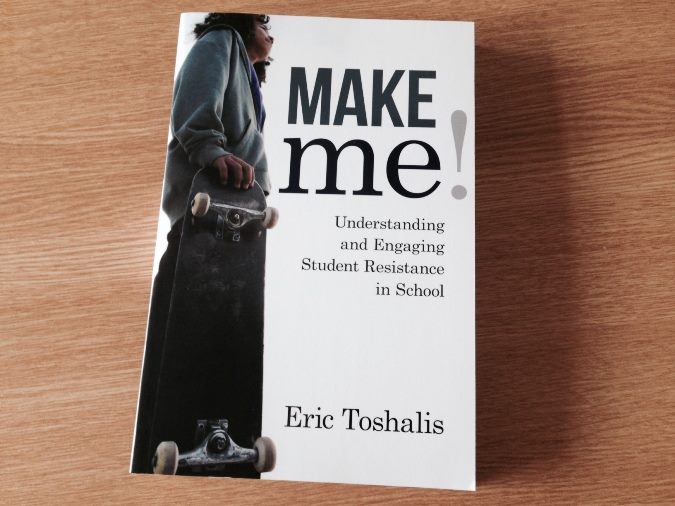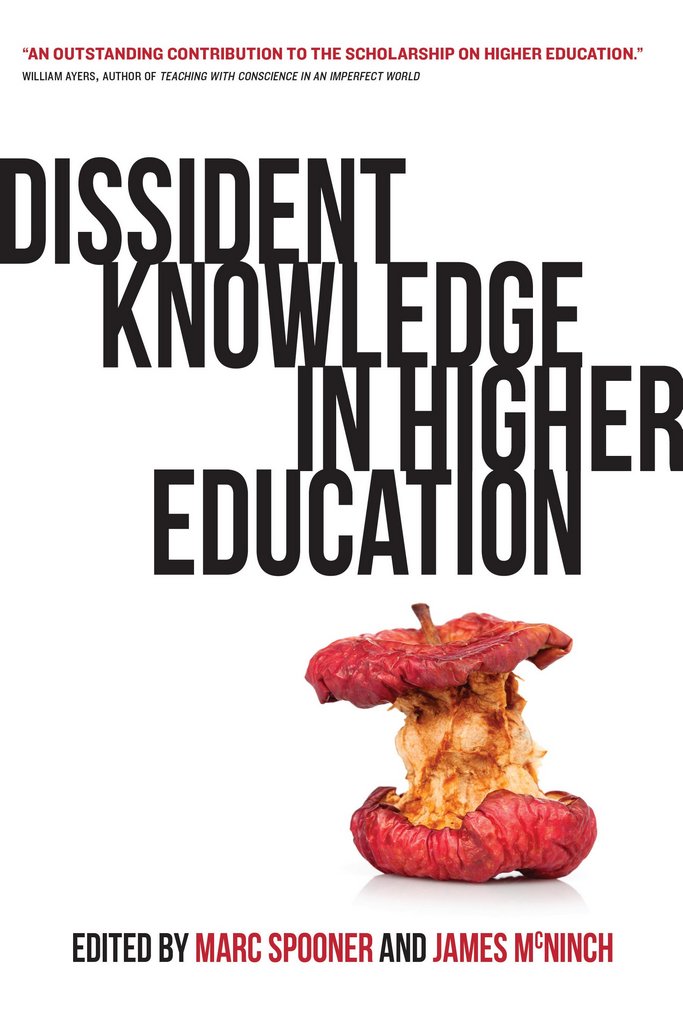Top of the class:
Isaac Gottesman in his recent article revisits a classic of the educational research literature, Samuel Bowles and Herbert Gintis’s Schooling in Capitalist America. Gottesman’s timing is spot on: contemporary discourse on education policy is awash with talk of consumerism, commodification, marketisation and privatisation – talk that currently accompanies critiques of neoliberalism, but surely finds a more suitable home in Marxist political economy (that’s what I think – would be good to know what other people’s views are on this…). Gottesman suggests as much himself:
One invariably hears echoes, if not explicit reference, to Bowles and Gintis’ correspondence theory – that there is an intentional correspondence between the wage labor needs of capitalism and the outcomes of schools – in conversations about the relationship between school and society.
Gottesman seeks to deliver something of a rehabilitation of Bowles and Gintis, the sometimes whipping boys of neo and post-Marxist education thinkers. Here’s the abstract:
Upon its publication in 1976, Samuel Bowles and Herbert Gintis’ Schooling in Capitalist America was the most sophisticated and nuanced Marxian social and political analysis of schooling in the United States. Thirty-five years after its publication, Schooling continues to have a strong impact on thinking about education. Despite its unquestionable influence, it has received strikingly little historical attention. This historical article revisits the scholarship of Bowles and Gintis and the milieu in which Schooling was conceived. Specifically, it contextualizes the production and reception of Schooling to better understand the emergence of Marxist thought in the field of education in the United States in the 1970s and 1980s. It also seeks to understand how the emergence of Marxist thought in the field was connected to the rise of an Academic Left— an intellectual shift in the academy towardMarxist social and political theory as a framework to theorize democratic socialist movement-building against capitalism and concomitant state sponsored oppression in the 1960s and 1970s. This history suggests that as we engage in historical and contemporary work on radical ideas in the field of education, we need to push ourselves continually to think about the intersection of education with other fields and disciplines. The article also pushes back against a widespread depiction of Schooling as crudely mechanistic.
This is an article to be recommended to researchers interested in issues around the marketisation and commodification of education – even if historical materialism is a step too far for you, it’s good to be reminded that critiques of schooling exist that embed themselves in both political and economic concerns. Nevertheless, I’m still not convinced that the ‘mechanistic’ critique is without foundation. As Gottesman points out ‘the bulk of critiques against Schooling are grounded in an idea that there is no room for human agency in their correspondence principle’. But it’s not hard to see why, for example, in this oft-quote paragraph from the original book:
The education system helps integrate youth into the economic system, we believe, through a structural correspondence between its social relations and those of production. The structure of social relations in education not only inures the student to the discipline of the work place, but develops the types of personal demeanor, modes of self-presentation, self-image, and social-class identifications which are the crucial ingredients of job adequacy. Specifically, the social relationships of education—the relationships between administrators and teachers, teachers and students, students and students, and students and their work—replicate the hierarchical division of labor (Bowles and Gintis 1976, 131).
There is, evidently, a mechanistic heart to correspondence theory – surely that is the point of correspondence? So it could be the case that this erstwhile critique of Schooling is stating the obvious rather than engaging with the mechanics of social reproduction. After all, such understandings are certainly not the sole preserve of Marxist political economy – so rather than trying to claim Bowles and Gintis as non-mechanistic, it could be the case that rehabilitation might be more effective if one revisited the mechanics of correspondence, ideally without getting too bogged down in another cultural turn (a source of mechanistic thinking in its own right).












